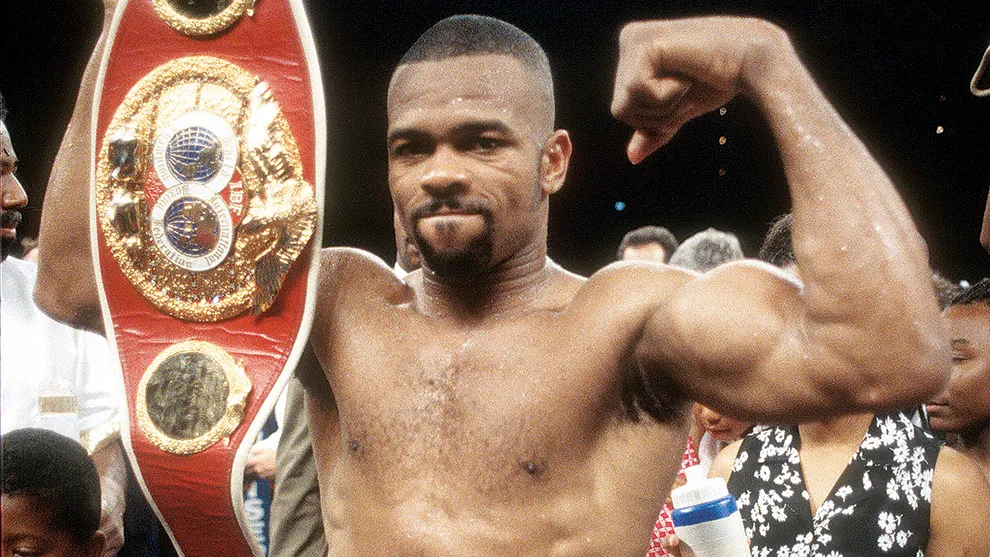BN: How influential was the 1988 Seoul Olympics in shaping your career?
RJ: It had a huge impact on my career. Without that experience, who knows what would have happened. It motivated me for a long time and pushed me to places I never thought I would go. It was a turning point for me.
BN: How much credit do you give your father for your success?
RJ: I owe a lot to my father. He taught me the importance of having a strong foundation and that carried me a long way.
BN: What is your relationship like with your father now?
RJ: Unfortunately, we don’t have a relationship anymore. Going through what I did made me realize the importance of being there for my own children.
BN: How much did your trainer Alton Merkerson contribute to your success?
RJ: He played a significant role. His military background instilled discipline in me, which was crucial for my professional career. I didn’t need someone with boxing skills, I needed someone who could keep me disciplined.
BN: Why didn’t you end up working with Emanuel Steward?
RJ: It wouldn’t have worked out because he already had too many fighters and I wanted my own team. It was important for me to have a team that was dedicated solely to me.
BN: Why did you resist working with top promoters?
RJ: I wanted my own space and my own team. I needed someone who would give all their attention to me and my team. The top promoters had too many other fighters to focus on.
BN: Who was the toughest opponent you faced?
RJ: James “Lights Out” Toney was the toughest. He was undefeated, had great defensive skills, power, and speed. He was the complete package.
BN: What was your greatest victory?
RJ: Winning the heavyweight title stands out as my greatest victory because I made history. No one had ever gone from middleweight to heavyweight champion before.
BN: When do you think you performed at your best?
RJ: It’s hard to say, but I felt really good in fights against James Toney and Richard Hall. If I had to pick one, it would probably be my fight against Jeff Lacy when I was 40 years old.
BN: If you could do anything differently, what would it be?
RJ: I would have taken a two-year break after my first win against Antonio Tarver. My body needed time to recover from the weight gain and loss. I pushed myself too hard and didn’t give my body the break it needed.
BN: How important was it for you to avenge your first loss to Montell Griffin?
RJ: It was extremely important. I never wanted to lose, and it was tough to accept my first defeat. Especially after feeling robbed of a gold medal earlier in my career.
BN: Do you think you would be more respected if you retired undefeated?
RJ: Definitely. If I had retired after my first win against Tarver, I would be considered the greatest fighter in history. But I didn’t let my body recover, so I can still be considered one of the greatest despite my losses.
Source link
